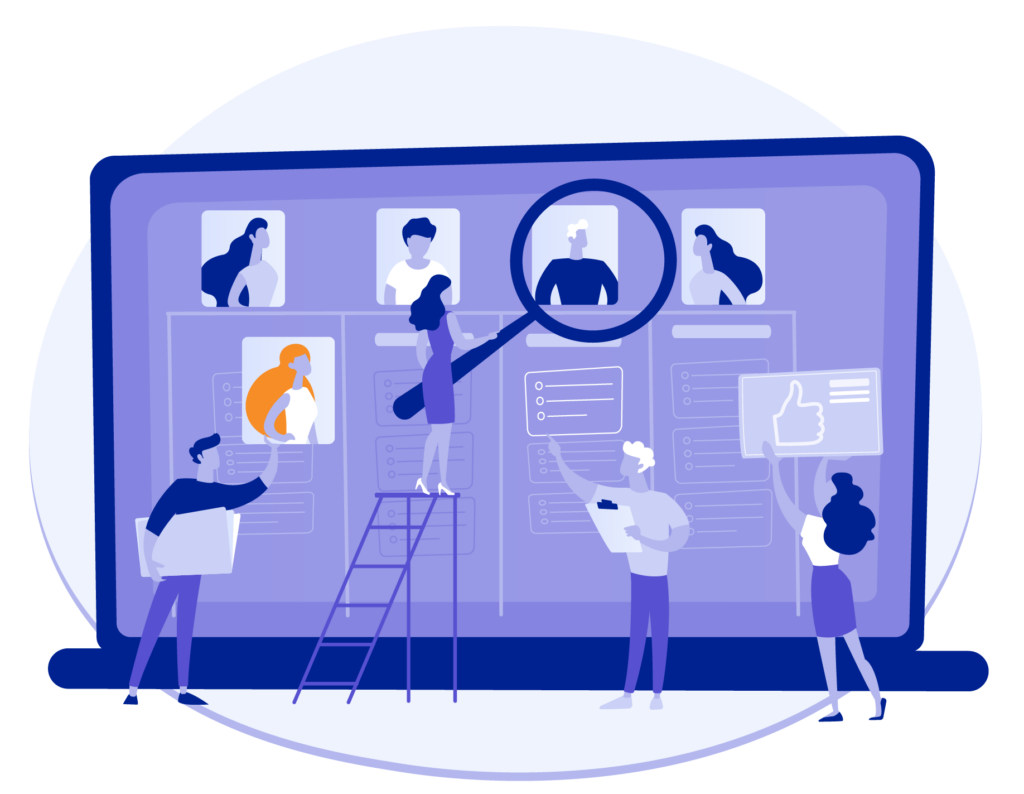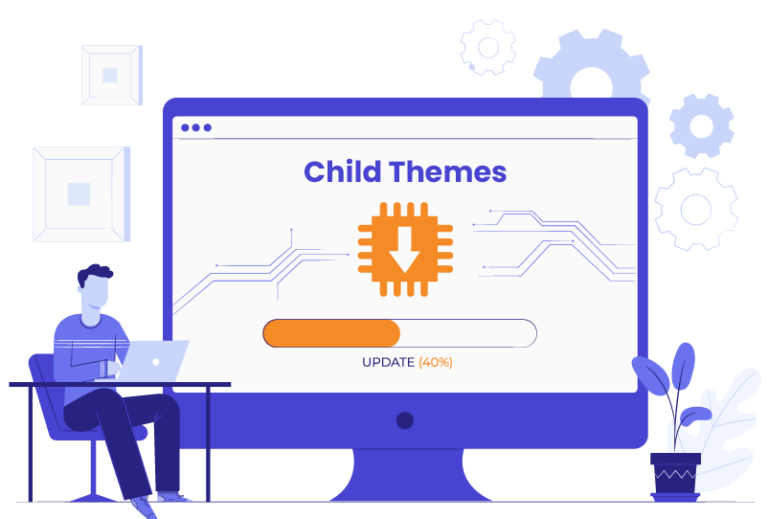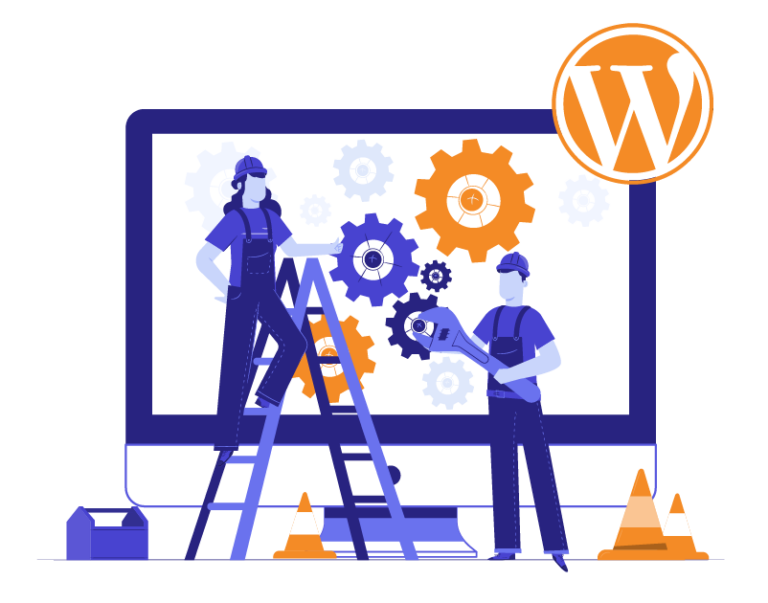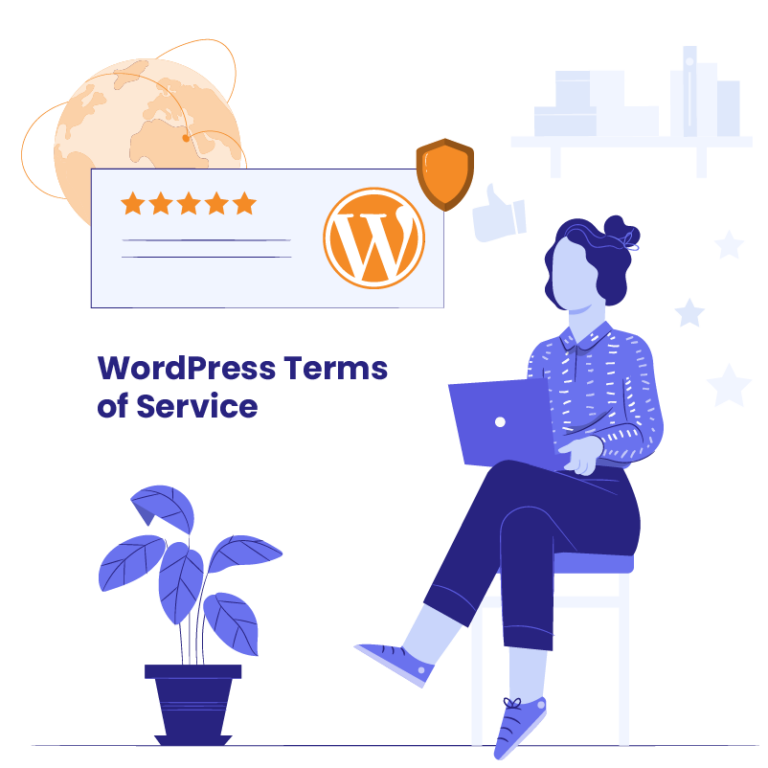In the world of website development, hiring a suitable WordPress developer is crucial for an agency. However, with so many different types of work that a WordPress developer can do, how can you determine what type of developer you need and what specific skills to look for? I’ll share tips to guide you through the process based on WLA’s experiences of hiring more than a hundred developers. This guide will help you define the type of work you need from a WordPress developer, decide what skills to look for depending on their level, and design a hiring process that works for your agency.
Top qualities to look for in a WordPress developer
To know what to look for in a developer, you need to know what technical skillsets to expect from developers of different experience levels.
If you want to hire a WordPress developer at a junior level, the candidate should understand the basics of HTML, CSS, Javascript, and design principles with popular frameworks such as Foundation or Bootstrap. Using these skills, juniors can suit perfectly for building a site from scratch that would involve boxlike sections divided into columns in accordance with basic design rules. Juniors should also be able to take on updates, change content, or update some parts of an existing site. They should be able to update plug-ins and do basic maintenance. Junior developers can generally handle projects that include two to six different page designs per project.
Mid-level developers should have a proven track record of building sites quickly and precisely. Mid-level developers should be able to handle the use of advanced plug-ins like EventCalendar Pro or ACF (Advanced Custom Fields Pro), setting up WooCommerce stores, customizing Google Maps, and utilizing builder plug-ins such as the visual builder Elementor. They should be able to add new layouts to existing sites too. By this point, some may have learned how to make adjustments to existing plug-ins, but it depends on the complexity of the plug-in. Reasonable project sizes would be up to 10-page designs.
Senior-level developers should be able to efficiently create a flexible back-end. They should have a history of building complex sites, connecting different APIs together, and creating custom solutions. Senior WordPress developers should be able to work with login areas and different APIs, use conditional logic in GravityForms, and have substantial experience and mastery of e-commerce websites.

Define the type of work
To decide what kind of developer you need, you have to assess what type of work you want them to do. There are two aspects to consider: whether to hire on a per-project or hourly basis and what level of experience is needed.
Let’s consider three common services agencies offer:
- Scheduled and requested updates to existing websites
- Building new, simple websites from scratch
- Larger projects with over 160 hours of development needed, including WooCommerce or other complex features
Let’s start with scheduled and requested updates to old websites.
- Project basis or per hour?
Website updates vary widely in scope, so it can be difficult to estimate and hire a WordPress developer on a project basis. These tasks work better to track on an hourly basis. - Developer level?
Both junior and middle-level developers can be suitable, but it will depend on the website. For example, updates may cause compatibility issues that need custom solutions or updates to the code. To ensure success, the developer should have two to three years of experience along with a solid understanding of core, themes, and plugins. Upgrading from PHP 7.4 to 8.0, for instance, requires this level of proficiency.

How about when building new, simple websites from scratch? The scope, timeline, and price can be more easily defined. The complexity of the tasks is also more predictable.
- Project basis or per hour?
New builds work well on a project basis, since the scope, timeline, and price can be more easily defined. - Developer level?
Developer level? Most mid-level developers can handle a new build. Junior developers can also handle new builds but will need supervision.
If you are looking for a developer for larger projects, where at least 160 hours of development is required (roughly a month of full-time work), you will have different needs. Time-consuming projects can include E-commerce development, which involves integrating payment gateways and setting up a shopping cart and shipping options. Migrating an existing website to WordPress can also require more than 160 hours of development.
- Project basis or per hour?
With a larger range of more complex tasks to achieve, it can be difficult to precisely estimate the total time this type of project will take. As such, hiring a developer on an hourly basis will typically work best. - Developer level?
You will need an experienced, senior-level developer. Preparing detailed instructions in advance will be an important step to get the work done efficiently. Clear instructions can be valuable to ensure your developer actually has the skills needed to complete the project. Even among senior developers, the amount of experience with different features or plugins may vary.
Hiring Process
After figuring out what you want from developers and what skillset are you looking for, assess your resources and decide whether you want to outsource developers or whether you want to hire them in-house. When considering hiring in-house, consider the full cost including taxes, benefits, and supplies. For detailed information on hiring costs, you can read more here.
There are various methods and platforms you can use to find a suitable developer. Beyond the major freelance platforms, which we discuss here, Facebook and Linkedin’s thematic groups provide some lesser-known spaces where you can hire a WordPress developer.
Once you’ve found a few places to advertise, you need to start interviewing. We have refined our process of hiring WordPress developers for over a full decade. At WLA, the interviewing process consists of three stages: an interview with HR, a test task, and a technical interview.
The first interview should start with the basics. Does the candidate communicate well? Do they have relevant work history? Do they have solid references? Discuss salary expectations and the company’s culture and values.
This is also the opportunity to assess whether they are a good fit for the position. An important aspect of fit when hiring a developer is that WordPress development is sometimes seen as a stepping stone. Developers who ultimately seek to have more challenging programming work sometimes begin with the comparably simpler WordPress ecosystem. If they express a greater interest in other programming fields, this could be a warning sign that they may leave your agency sooner than you’d like.
If the developer seems like a promising recruit after the first interview, it’s time to assess their skills based on their stated experience. The general principle for test tasks and technical interviews is to have someone in your team that knows at least as much about WordPress as the developer you are assessing. In this step of the process, both knowledge and efficiency in execution are important to consider.
When choosing from your pool of candidates, keep in mind that while skills can usually be taught, motivation cannot. In many cases, it’s a better bet to choose a more motivated candidate than a more technically skilled one.
Conclusion
In conclusion, to hire a WordPress developer, it is essential to define the type of work you want them to do and the necessary skills required for the job. Whether you are building a new website, maintaining an existing one, or updating an old site, each requires a different level of expertise. Remember to pay attention to candidates’ soft skills, work history, and references. By considering each of these aspects, you can find the right WordPress developer who can help your agency to achieve its goals.



